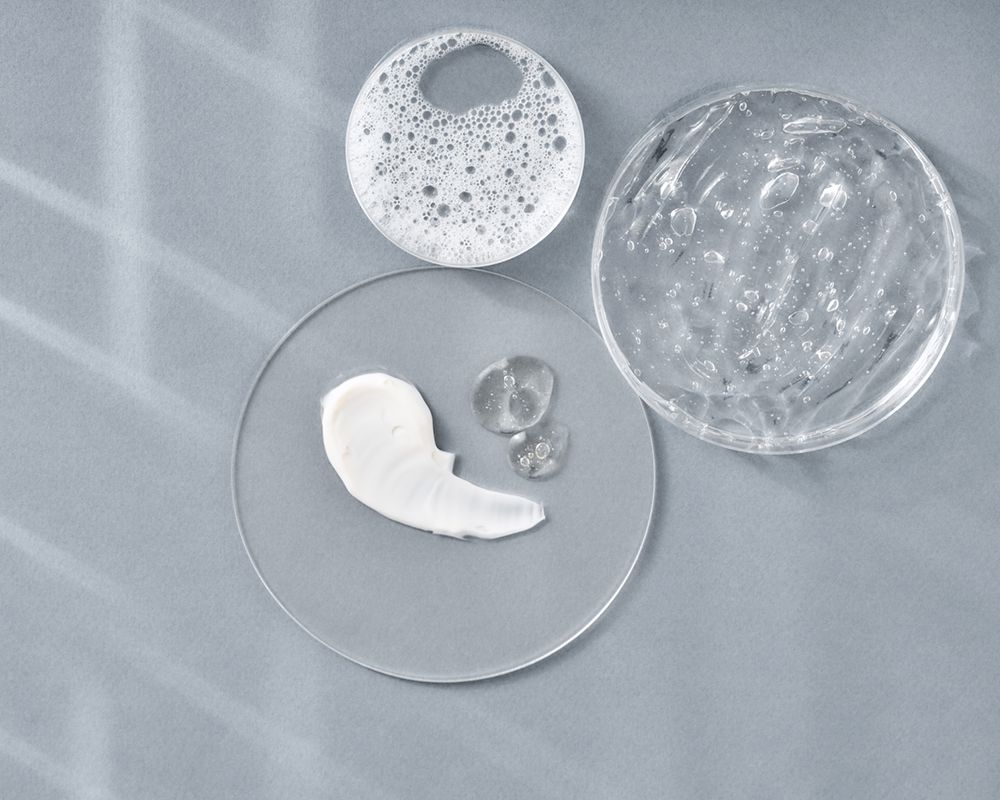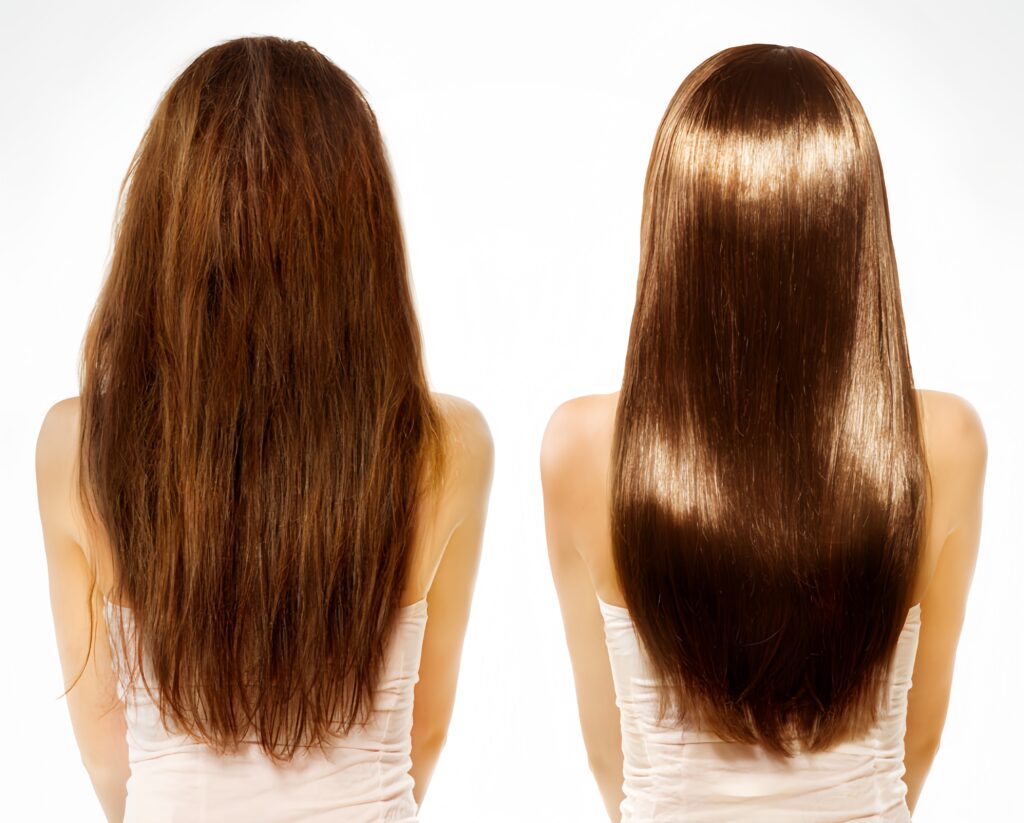Squalane is a naturally occurring hydrocarbon compound that is an excellent moisturizer and emollient. It is derived from squalene, which is a C30 linear triterpene, meaning it has 30 carbon atoms arranged in a chain. Here are some key points about squalane:
-
Source: Squalane is typically derived from squalene, which is found in high concentrations in shark liver oil, as well as in smaller amounts in plants like olives and amaranth seeds, and even in the skin’s sebum of humans.
-
Production: The squalene is hydrogenated to convert it into squalane, which is a more stable and less reactive form.
-
Chemical Structure: Squalane is a saturated hydrocarbon, meaning it contains only single bonds between carbon atoms, which makes it very stable.
-
Moisturizing Properties: Squalane is known for its ability to penetrate the skin without leaving a greasy residue, making it an excellent moisturizer for skincare products.
-
Skin Compatibility: It is highly compatible with human sebum, which means it can help to restore and maintain the skin’s natural moisture barrier.
-
Use in Skincare: Squalane is used in various skincare products, including facial oils, creams, serums, and makeup removers, due to its hydrating and occlusive properties.
-
Anti-Aging Benefits: Some studies suggest that squalane may have anti-aging properties by protecting the skin from oxidative stress.
-
Non-Comedogenic: It is considered non-comedogenic, meaning it does not clog pores, making it suitable for all skin types, including acne-prone skin.
-
Environmental Considerations: Squalane derived from plant sources is more sustainable and environmentally friendly compared to shark-derived squalane, as shark populations are vulnerable and overfishing is a concern.
-
Safety: Squalane is generally recognized as safe for use in cosmetics and has a low potential for irritation or sensitization.
-
Shelf Life: Due to its stability, squalane has a long shelf life and does not easily oxidize or go rancid.
-
Absorption: It is rapidly absorbed by the skin and can help to deliver other active ingredients deeper into the skin layers.
Squalane is valued in the cosmetics industry for its moisturizing and skin-protective properties, and it is a popular ingredient in many high-end skincare products. It is often chosen for its ability to provide hydration without causing breakouts or irritation.





